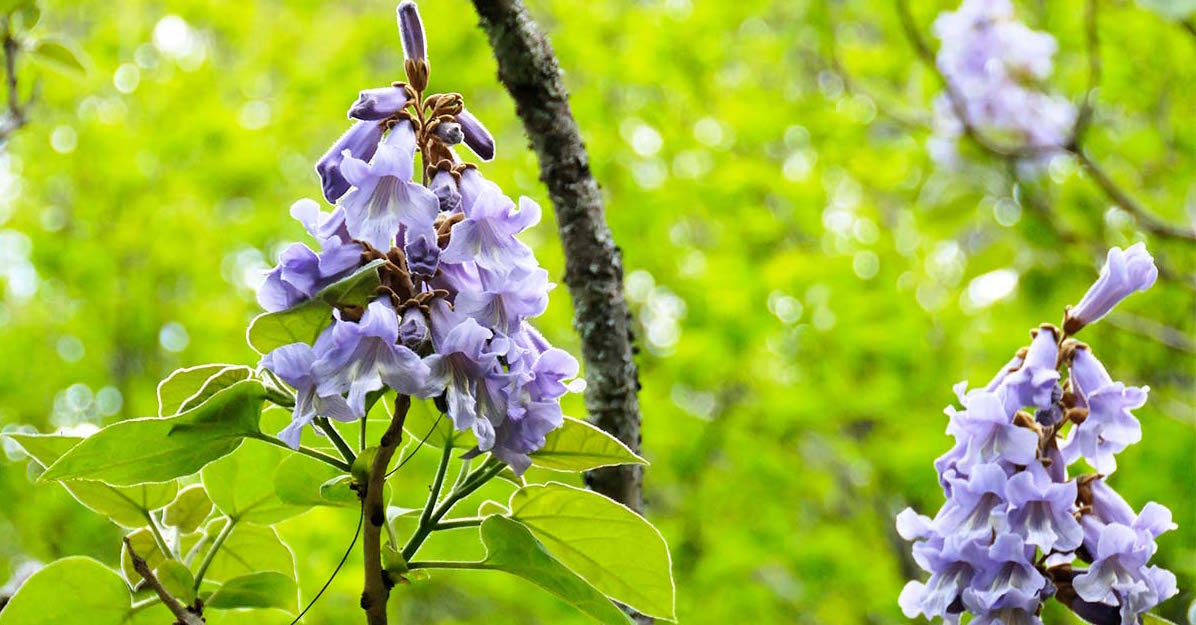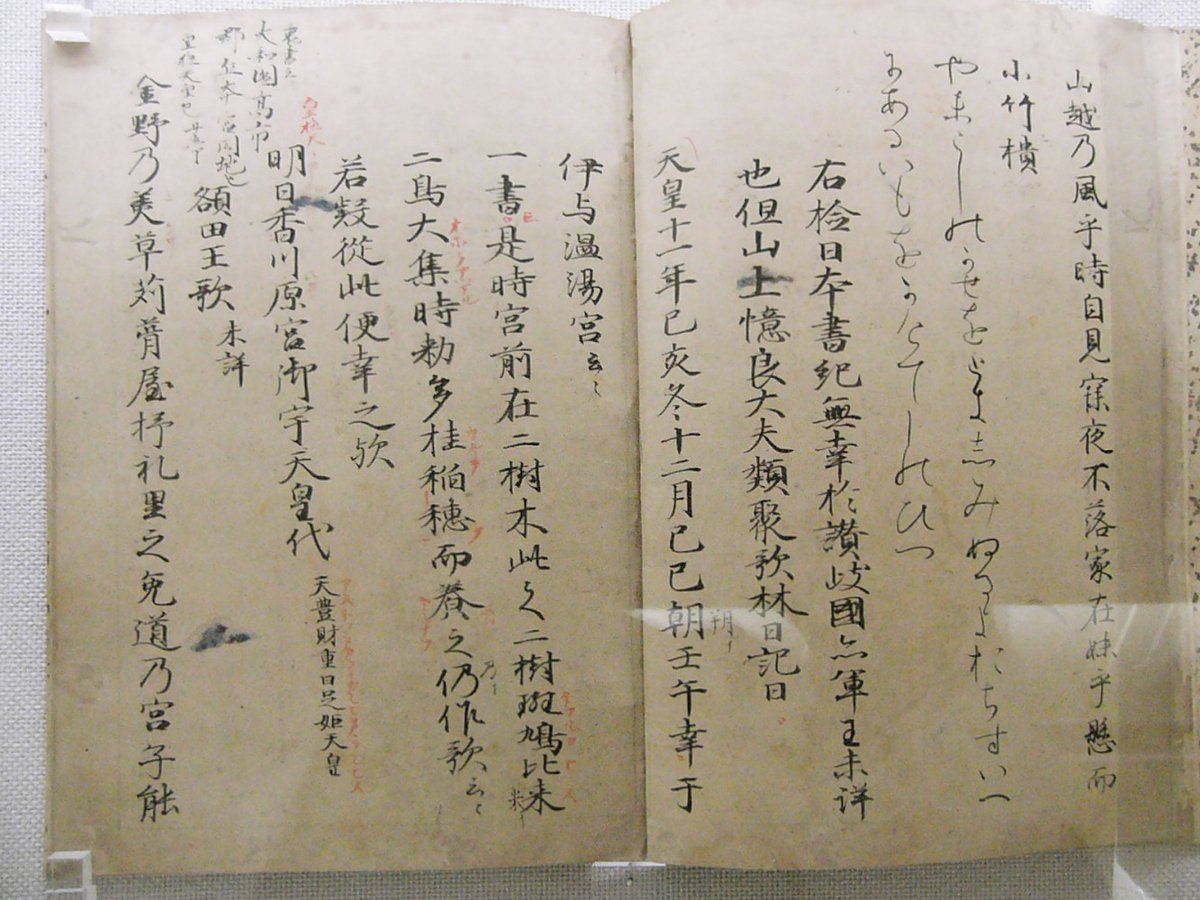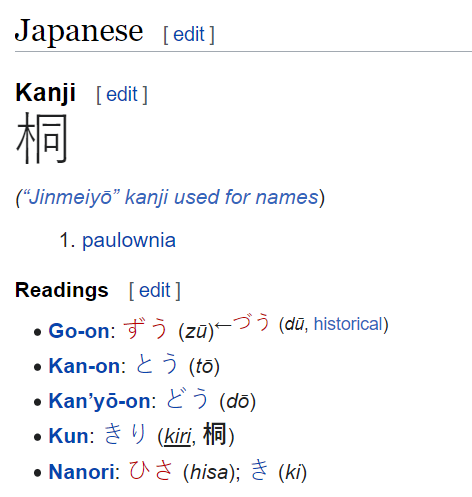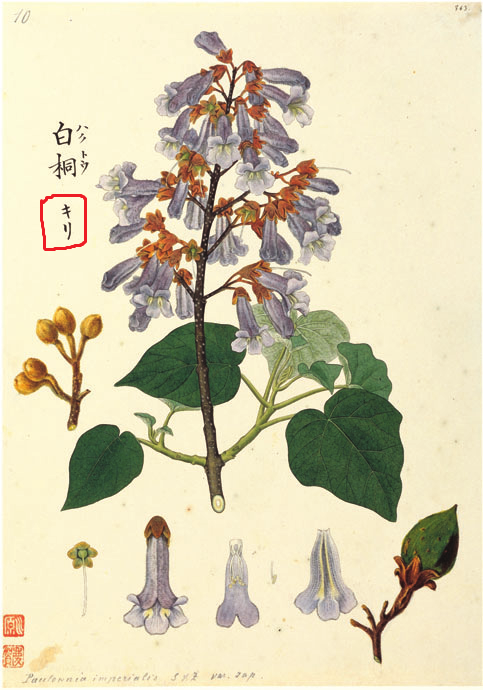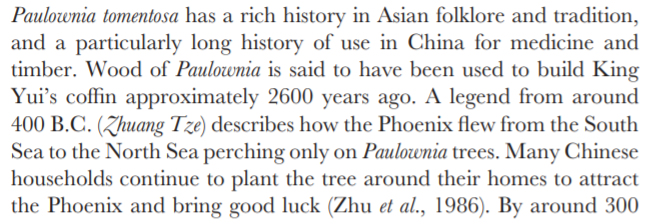So there& #39;s this circulating info about Kazuha& #39;s possible full name...Being a brainrot-prone Kazuha simp with lots of free time that I am, here are some of my thoughts about it.
#GenshinImpact
#Kazuha
#GenshinImpact
#Kazuha
For those of you who are wondering, the name that I will use in this thread is 桐生万叶 (presumably in Chinese simplified kanji), based on this:
https://twitter.com/Genshin_Intel/status/1383862786493587459
Also,">https://twitter.com/Genshin_I... a tweet explaining some possible Japanese readings of the name: https://twitter.com/voiceless_stops/status/1383867250109677576">https://twitter.com/voiceless...
https://twitter.com/Genshin_Intel/status/1383862786493587459
Also,">https://twitter.com/Genshin_I... a tweet explaining some possible Japanese readings of the name: https://twitter.com/voiceless_stops/status/1383867250109677576">https://twitter.com/voiceless...
Some things to take note:
*Take this thread just as one possible interpretation, since my kanji knowledge is elementary and I only use versions mentioned in above tweets
*Will not be completed in one go, lots of thing to read
*Take this thread just as one possible interpretation, since my kanji knowledge is elementary and I only use versions mentioned in above tweets
*Will not be completed in one go, lots of thing to read
Okay, now onto the first part of the name, 桐生. So far that part stays the same in JP, read as & #39;kiryuu& #39;. The meaning per kanji that I found (please click twt crop is being annoying again):
It& #39;s shown that the first kanji, 桐, means something known as & #39;tung& #39;. While at the first glance this might be an unfamiliar word, a quick search thankfully gave me this...
Now, that& #39;s a lot more familiar term that we can work with.
Now, that& #39;s a lot more familiar term that we can work with.
Paulownia, also known as & #39;kiri& #39; in Japanese, is a plant with a lot cultural significance in both Japan and China. Heavily associated with longevity and the cycle of
birth and death, it& #39;s especially prevalent in the life of Japanese girls:
birth and death, it& #39;s especially prevalent in the life of Japanese girls:
With such meaning, it& #39;s not surprising that folklores also link the plant with the phoenix, the classic symbol of longevity and life-and-death cycle. Fittingly enough, it& #39;s also used to prevent wrinkling and graying hair:
Another very interesting symbolism (albeit not the one I fully grasp yet) that this plant has (more info from this link https://breathhaiku.wordpress.com/2016/11/02/paulownia-the-imperial-tree/):">https://breathhaiku.wordpress.com/2016/11/0...
Other than its uses and cultural significance, paulownia is also renowned for its resilience and flexibility as a plant (more info from this link https://urnabios.com/royal-paulownia-tree-of-life-bios-urn-symbolism-instructions):">https://urnabios.com/royal-pau...
From info (quite a lot to unpack), we could summarize a few key traits:
1. Longevity and endless cycle of life-and-death;
2. A sense of nostalgia tinged with sadness, loneliness;
3. Resilience and flexibility;
4. Cross-cultural interaction (shared significance in JP and CN).
1. Longevity and endless cycle of life-and-death;
2. A sense of nostalgia tinged with sadness, loneliness;
3. Resilience and flexibility;
4. Cross-cultural interaction (shared significance in JP and CN).
Perhaps might be a bit cliche since this is certainly not the first time this has been brought up, but looking at those traits, I can& #39;t help but reminded of one very known character:
Sure, Kazuha is certainly his own character with his own circumstances, but I think it& #39;s not too far fetched to think that he might be inspired by Fu Hua in some ways, especially with their design being so similar.
The fourth point also provides an interesting food for thought... Shared cultural significance between two nations.... Inazuma-Liyue relations? Livestream showed that it& #39;s possible that Inazuma and Liyue& #39;s non-human populace might have quite a tight relations...
A bit more dubious and far-fetched interpretation of this is the possibility of Kazuha& #39;s origin/ancestry being from Liyue (paulownia being introduced to JP from CN)... Or the more speculative hc of Kazuha possibly having links with key persons in Liyue for info (Beidou maybe?)
Will continue the kazuha part toworrow or the day after
Okay... as promised now we& #39;re going to take a look at the second part of the name, & #39;kazuha.& #39; This thread will use the two possible Japanese reading as shown by the aforementioned tweet: 万葉 and 萬葉
Idk about the detail why there are two variations of the kanji (input from someone with proficiency in kanji is highly welcome), but after a quick search I found out that both variations more or less mean the same:
While the word-by-word meaning above is kinda obvious (the whole leaf motif), it actually has another symbolic meaning, especially when we& #39;re talking about the second variation of the reading, & #39;man& #39;yo& #39;:
Poetry collections spanning across various time periods and classes huh...
Now, that& #39;s interesting, if we& #39;re talking about a possible relations to the plot, specifically one possible role that our maple boi will play in the story.
Now, that& #39;s interesting, if we& #39;re talking about a possible relations to the plot, specifically one possible role that our maple boi will play in the story.
From what we have learnt so far, in every region there& #39;s always this one civilian prominent corporation that becomes a leader in that region& #39;s most prominent business sector. In Mond we have Dawn Winery, and in Liyue we have Feiyun Commerce Guild.
People behind those corporations also involve themselves in the story& #39;s plot, whether in direct way (Diluc& #39;s vigilantism) or through subtler ones (Xingqiu& #39;s role in initiating Feiyun& #39;s numerous back door meddling of supplies of goods in the market).
Following that pattern, it would be a logical thing to assume that the same thing also happens in Inazuma. And thankfully, the canon already provided a very likely candidate to fill this position: Yae Publishing House. https://genshin-impact.fandom.com/wiki/Yae_Publishing_House">https://genshin-impact.fandom.com/wiki/Yae_...
It& #39;s a canon fact that the publishing house is very popular Teyvat-wide, with a consistent publishing track record to match (just ask Chang the Ninth and Fischl lol). So, I think that it& #39;s wouldn& #39;t be too much of a stretch that they would also have significant influence at home.
Why publishing house, you might ask?
In a region isolated by sea such as Inazuma, the hurdle to interact with outside world is high (dangerous sea travels, tight regulations imposed by the Bakufu, etc.).
In a region isolated by sea such as Inazuma, the hurdle to interact with outside world is high (dangerous sea travels, tight regulations imposed by the Bakufu, etc.).
Faced with this kind of circumstances, no wonder literature becomes important for people of Inazuma, as this is the closest thing they could get to real interaction with outside world.
Thus, I also find that the publishing house& #39;s policy to keep importing foreign novels to Inazuma despite the current turbulence in its society as an... interesting decision.
What if there& #39;s more than commercial motivation that lies behind it?
What if there& #39;s more than commercial motivation that lies behind it?
wait a short break before i continue

 Read on Twitter
Read on Twitter